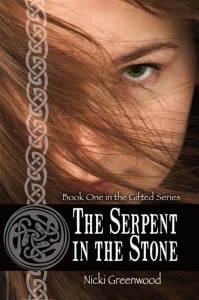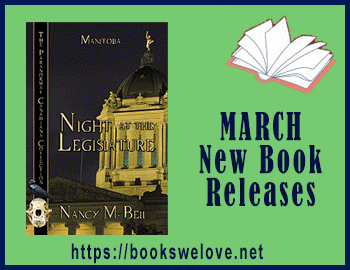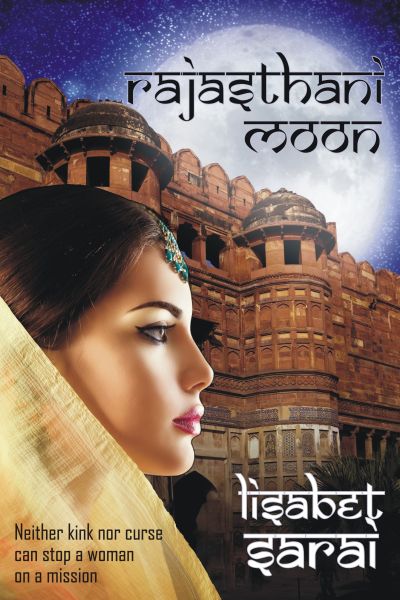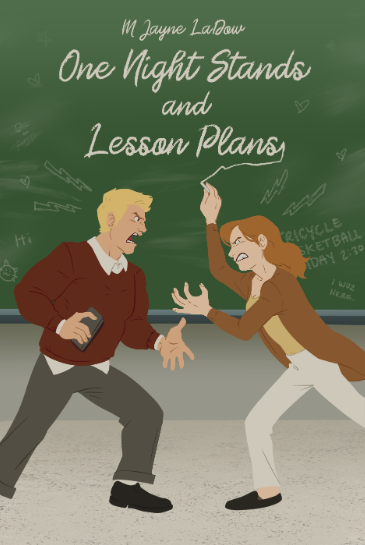The Hard-Working Harvest
In a temperate zone, autumn is the season where Mother Nature puts on her annual fireworks show of red, yellow, orange, and apples aplenty, but did you know it doesn’t have to be bedtime for your gardens?
In autumn, a flower garden full of native plants can be especially crucial to butterflies and migratory birds. Fall-blooming flowers like mums and sedum are great sources of nectar, while the seed heads of many ornamental grasses, and the berries of native shrubs, can be left standing through the winter as an important food source for birds. (They also look nice, architecturally, against that oncoming and relentless blanket of snow!) Butterflies like the monarch are losing habitat fast, and your flower garden may be the way station that helps them survive. Check out your library or local gardening club for a list of plants to pack your garden with year-round beauty and usefulness.
A vegetable garden can also work hard through the autumn, and even in winter. The length of daylight is what determines a growing season, not just the temperature. A cold frame can help you trap warmth for your plants, like a miniature greenhouse. The frame is simply a wooden box with a glass or clear plastic insert to let in light. Plans abound on the Internet for serviceable cold frames, and they don’t have to be fancy to work. The frame can be set right over your garden bed, facing south to allow for optimal sun exposure. Even a dusting of frost or snow will not harm the plants growing inside. Just brush it off, open the frame, and quickly snip your veggies for the day! As to what plants you can grow in your cold frame, there are many possibilities, from carrots to radishes to spinach and beyond. The harvest doesn’t have to end in autumn, and you can enjoy fresh, home-grown produce long after the leaves are off the trees.
Want to learn more? Grab a gardener friend, or check out the endless array of Websites on cold frame and all-season gardening. All-season gardeners love to share their knowledge, and you may find yourself with a slew of new friends who enjoy sharing their “harvest after the harvest” with you. Happy Autumn!
Win a Williams-Sonoma eGift Card!
To help you cook your autumn harvest into something wonderful, Nicki is offering a $10 Williams-Sonoma eGift card to one lucky commenter on this blog! The prize will be emailed to the poster, so please be sure to include your email address in your blog comment. This eGift card can be redeemed at any Williams-Sonoma store, online, or by phone. Nicki will announce the winner on her website, and in a follow-up comment on this blog post. What a yummy way to spend your autumn!
Nicki Greenwood graduated SUNY Morrisville with a degree in Natural Resources. She found her passion in writing stories of romantic adventure, and combines that with her love of the environment. Her works have won several awards, including the Rebecca Eddy Memorial Contest. Her first book, EARTH, debuted in 2010 through The Wild Rose Press.
Nicki lives in upstate New York with her husband, son, and assorted pets. When she’s not writing, she enjoys the arts, gardening, interior decorating, and trips to the local Renaissance Faire. Look for Nicki’s newest book, THE SERPENT IN THE STONE, released this summer by The Wild Rose Press.
Visit Nicki at: http://www.nickigreenwood.com/
Email Nicki at: nicki@nickigreenwood.com
Find Nicki’s books at The Wild Rose Press















